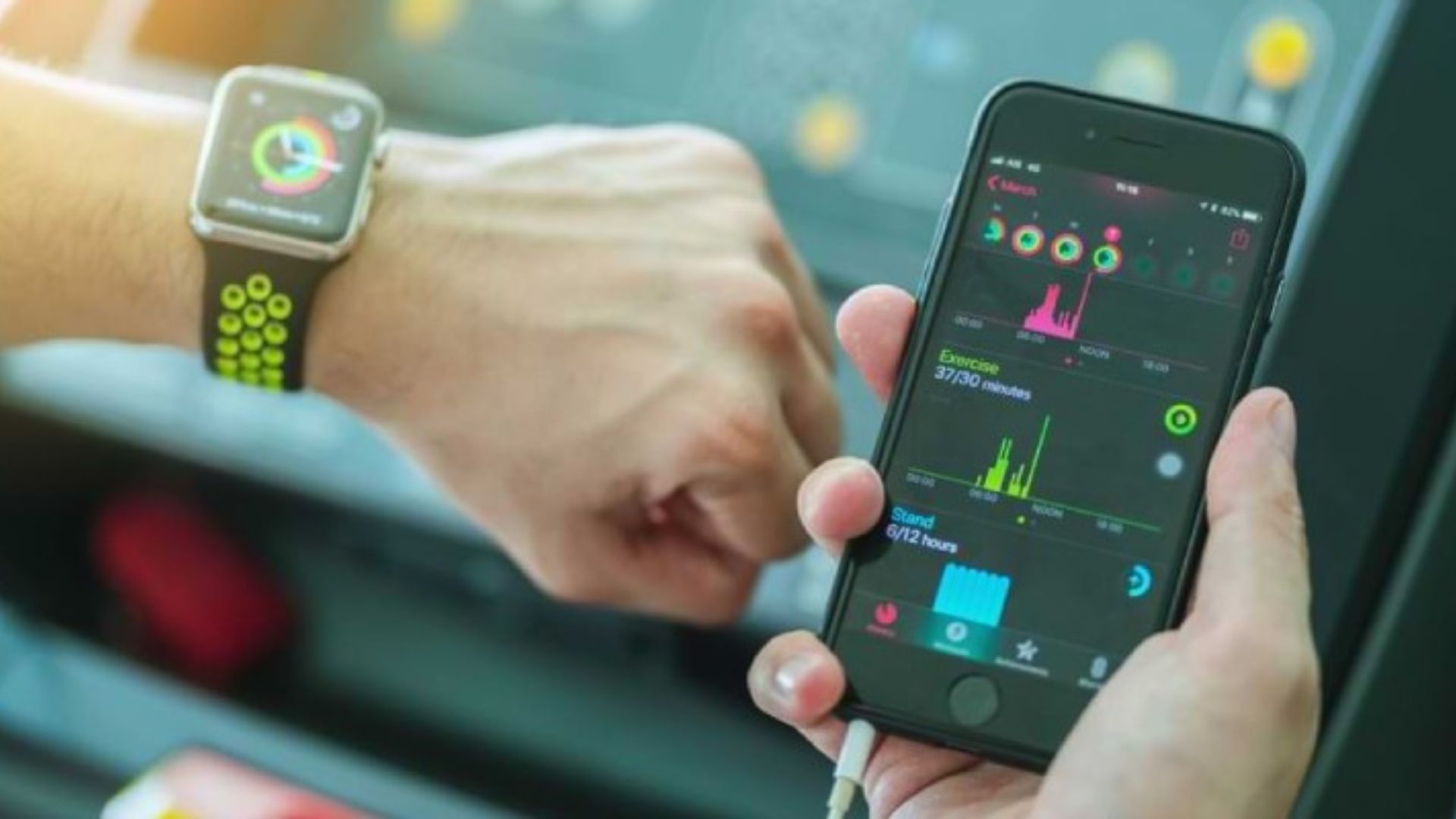Smart wearables for health tracking are rapidly becoming essential tools in the journey toward better health and fitness. These devices, including smartwatches, fitness bands, and patches, offer more than just the ability to tell time. They track everything from heart rate and sleep patterns to calories burned and even stress levels, making them indispensable for anyone looking to take control of their health.
As the demand for more personalized and continuous health monitoring increases, these devices are evolving to provide real-time data and insights that can help people make more informed decisions about their well-being.

How Smart Wearables Track Health
Smart wearables are equipped with sensors and technologies that track a wide range of health metrics. For instance, most smartwatches and fitness bands monitor heart rate, step count, sleep quality, and physical activity. Some wearables even include advanced sensors that can measure blood oxygen levels, ECG readings, and stress through heart rate variability.
These devices offer users the ability to keep an eye on their health 24/7, providing valuable data that can highlight trends, pinpoint potential issues, and inform lifestyle changes.
Real-Time Health Insights and Feedback
One of the key advantages of smart wearables for health tracking is the real-time feedback they provide. Whether you’re working out, sleeping, or going about your daily activities, wearables continuously monitor your health metrics and give you immediate updates.
For example, many smartwatches now feature heart rate monitoring during exercise, alerting users if their heart rate exceeds a safe threshold. This instant feedback helps users adjust their intensity to avoid overexertion or injury.
Similarly, sleep tracking features can show you how long you spend in each sleep stage—light, deep, and REM sleep. These insights help users identify habits that impact their sleep quality, allowing them to make improvements for better rest.
Advanced Features for Comprehensive Health Monitoring
Some of the latest smart wearables are taking health tracking to a new level by offering more advanced features. For instance, certain devices now monitor blood oxygen saturation (SpO2), which can provide critical data on respiratory health, especially during physical activity or sleep.
Additionally, wearables equipped with ECG sensors allow users to check for irregular heartbeats, potentially identifying conditions like atrial fibrillation early. With these advanced sensors, wearables have the potential to serve as a first line of defense for those with chronic conditions or at risk for serious health issues.
Customization for Specific Health Goals
Another major benefit of smart wearables for health tracking is their ability to be customized for different health and fitness goals. Whether you’re focused on weight loss, building muscle, improving cardiovascular health, or managing stress, wearables can adjust to suit your specific needs.
For example, if weight loss is your goal, your wearable can track your calorie intake, monitor your activity level, and provide personalized fitness plans. For those looking to improve their cardiovascular health, devices can track heart rate zones during exercise to help users stay within optimal ranges for fat burning or endurance training.
The ability to customize data collection ensures that users are getting relevant information that directly impacts their health goals.
Smart Wearables and Chronic Health Monitoring
Smart wearables are also making a significant impact in the realm of chronic disease management. Devices that monitor glucose levels, for instance, help people with diabetes keep track of their blood sugar in real time. Likewise, wearables designed for heart disease patients can monitor blood pressure and offer alerts if it becomes elevated.
By continuously tracking these vital health metrics, wearables allow for early detection and intervention, potentially preventing serious health issues before they arise.
Integration with Other Health Apps and Devices
The power of smart wearables for health tracking is amplified when they integrate with other health apps and devices. For example, many wearables sync with fitness apps to track progress over time, set goals, and share data with healthcare providers. Some wearables even allow users to share their data with doctors, making remote health monitoring easier.
This integration creates a more comprehensive health ecosystem, where wearable devices work in harmony with other tools and platforms, ensuring that users have a complete picture of their health.
Conclusion
Smart wearables for health tracking are changing how we monitor and manage our well-being. With the ability to track a wide range of health metrics in real time, these devices provide valuable insights that help users make informed decisions about their lifestyle and fitness. Whether you’re aiming to improve your fitness, manage a chronic condition, or simply stay healthy, smart wearables offer personalized, continuous support to help you reach your health goals.
